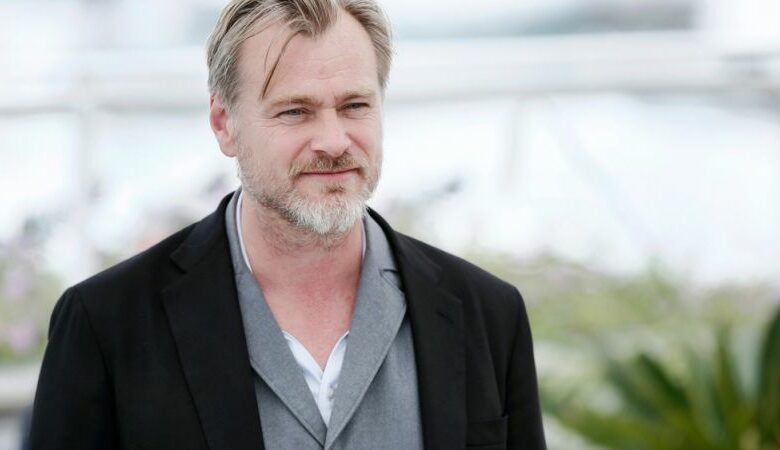Christopher Nolan’s next film, “Odyssey”, to star Matt Damon, Tom Holland, Zendaya

Christopher Nolan’s upcoming multi-starrer film is titled The Odyssey, Universal Studios revealed on Monday. The film is an adaptation of ancient Greek poet Homer’s genre-defining epic, the studio further added in a post on X (formerly Twitter).
Christopher Nolan’s The Odyssey
“Christopher Nolan’s next film The Odyssey is a mythic action epic shot across the world using brand new IMAX film technology. The film brings Homer’s foundational saga to IMAX film screens for the first time and opens in theaters everywhere on July 17, 2026,” the studio announced on Monday in a message posted to X.
Nolan’s film boasts of a powerful star cast led by Tom Holland, which also includes Matt Damon, Anne Hathaway, Zendaya, Robert Pattinson, Lupita Nyong’o, and Charlize Theron. There had been speculations about what Nolan’s film is about, with reports claiming everything from a tale of two helicopter pilots to a vampire saga. However, it has now been revealed that the film will adapt the popular story, originally written in the 8th century BC.
The Odyssey is expected to start shooting early next year and is slated for a release in the summer of 2026.
All about Homer’s epic
Odyssey, the ancient Greek poem, tells the story of the King of Ithaca, Odysseus, and his journey back home after the Trojan War. Seen as a companion piece to Iliad, the story focuses on Odysseus’ perilious and tragic journey and deals with themes of heroism, loyalty, cunning, and the struggle against divine will.
While Nolan’s film will be the most high-profile adaptation of the epic, there have been previous films and shows that have brought Odyssey to the screens. The 1954 Italian film Ulysses was directed by Mario Camerini and starred Kirk Douglas, while the 1997 miniseries The Odyssey was directed by Andrei Konchalovsky and starred Armand Assante. Most recently, Ralph Fiennes played Odysseus in Uberto Pasolini’s The Return, released earlier this month. The Coen Brothers’ O Brother, Where Art Thou?, released in 2000, also drew inspiration from the poem.










